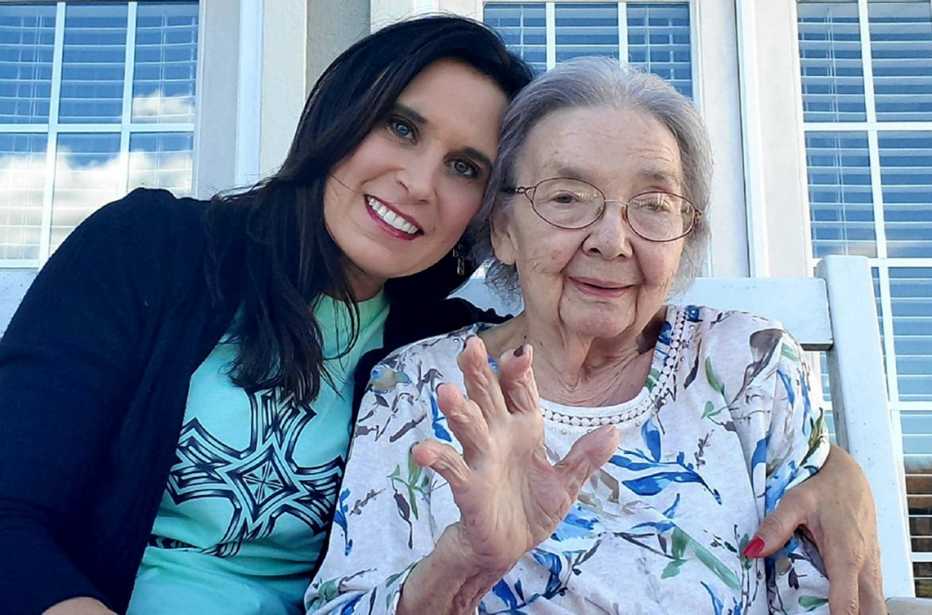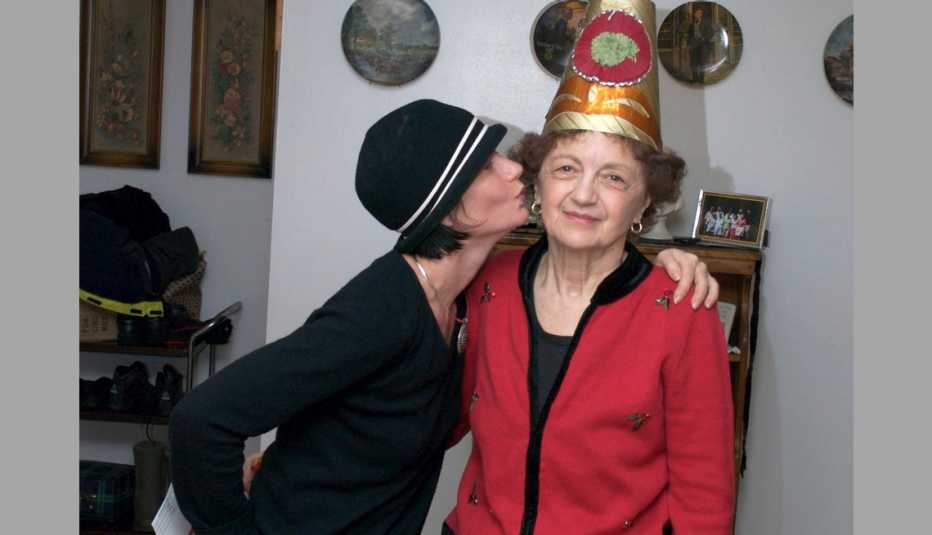AARP Hearing Center
For nearly four decades, 87-year-old Peggy Husch has welcomed her family to her home every Thanksgiving and Christmas for holiday supper. Not this year.
With the very real fear of catching COVID-19 overshadowing all decision-making, the holidays just won't be the same for Husch, for her family and, particularly, for her 57-year-old caregiver daughter, Donna Vasel.
"We're learning as we go,” says Vasel, who lives just a few miles from her mom, in Westfield, New Jersey, and cares for her three to four hours a day and sleeps at her house five nights a week. “I want to make the holidays at least semi-normal for my mom and children. But the question is how to do that without labeling this one the ‘pandemic Thanksgiving’ or the ‘pandemic Christmas.’ “
Vasel has plenty of company in her caregiving struggles during a raging pandemic as the holidays approach, according to “COVID-19 Impact on Family Caregivers’ Holiday Plans,” a new AARP online survey of 1,000 caregivers nationwide.


The pandemic has had a negative impact on the mental health of 44 percent of the caregivers and nearly half (46 percent) of the people they tend to — including many who are experiencing anxiety, sadness and anger, according to the study.
"What jumped out at us as the oncoming holidays approach is the amount of sadness people have as they think about it,” says Robert Stephen, vice president of health and caregiving at AARP.
What's more, the majority of those surveyed — some 64 percent — will be making changes to their holiday traditions this year, and more than three-quarters (77 percent) say the pandemic is directly affecting their plans.
For caregivers, the difficulty is dealing with not only the sadness of those they look after but also their own sadness, Stephen says. This is where self-care for caregivers becomes so critically important. “Caregivers have to spend time caring for themselves over the holidays,” he stresses.








































































